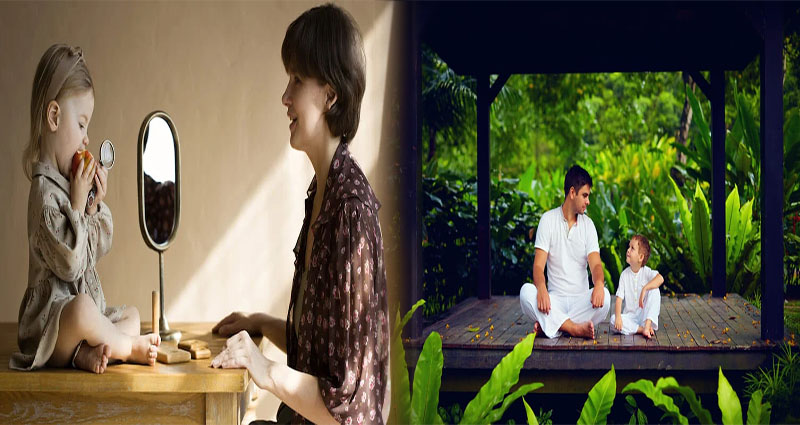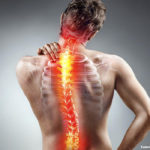Childhood is an important phase of our lives where we develop our sense of self, relationships, and emotional experiences. Unfortunately, not all childhood experiences are positive and nurturing. Some of us may have endured emotional wounds during this period, which can have long-lasting effects on our well-being. However, there is hope for healing and finding emotional balance through the power of psychotherapy.
Understanding Childhood Emotional Wounds
Childhood emotional wounds can manifest in various forms and can result from experiences such as neglect, abuse, trauma, or loss. These wounds can shape our beliefs about ourselves, the world, and others. They may affect our self-esteem, relationships, and mental health, leading to feelings of fear, anger, sadness, or even numbness.
The Role of Psychotherapy
Psychotherapy, also known as talk therapy, is an effective and evidence-based approach for addressing childhood emotional wounds. It offers a safe space for individuals to explore and process their experiences, emotions, and thoughts. Therapists trained in psychotherapy techniques create a supportive and non-judgmental environment, allowing individuals to gain deeper insights into their past and present experiences.
Healing Process and Therapeutic Techniques
Psychotherapy for healing childhood emotional wounds involves several therapeutic techniques depending on the individual’s needs and preferences. Some commonly used methods include:
- Cognitive-Behavioral Therapy (CBT): This approach focuses on identifying and challenging negative thought patterns, beliefs, and behaviors that may stem from childhood wounds. By restructuring these thoughts, individuals can develop healthier coping mechanisms.
- Psychodynamic Therapy: This therapeutic approach explores the unconscious patterns and unresolved conflicts that may be contributing to emotional wounds. By delving into these deeper layers of the psyche, individuals can gain a better understanding of their past and work towards healing.
- Trauma-focused Therapy: For those who have experienced traumatic events during childhood, trauma-focused therapies such as Eye Movement Desensitization and Reprocessing (EMDR) or Prolonged Exposure Therapy (PET) can be beneficial. These therapies help individuals process and reframe traumatic memories, allowing for healing and recovery.
- Expressive Therapies: Utilizing creative methods like art therapy, music therapy, or drama therapy, individuals can explore and express their emotions in a non-verbal way. These therapies provide alternative ways of communication and accessing buried emotions.
Benefits of Psychotherapy for Healing
Engaging in psychotherapy for healing childhood emotional wounds can yield numerous benefits. Some of the advantages include:
- Improved Self-awareness: Psychotherapy allows individuals to gain a deeper understanding of themselves, their emotions, and their past experiences. This self-awareness provides a solid foundation for healing and personal growth.
- Emotional Regulation: By learning healthy coping strategies and emotional regulation techniques, individuals can better manage their emotions and reduce the impact of childhood wounds on their daily lives.
- Enhanced Relationships: Psychotherapy can help individuals develop healthier and more fulfilling relationships by addressing interpersonal challenges resulting from childhood emotional wounds. The therapy process promotes empathy, communication, and boundaries.
- Increased Resilience: Healing childhood emotional wounds through psychotherapy fosters resilience and the ability to navigate life’s challenges. It provides tools and strategies for managing stressors and building emotional strength.
Healing childhood emotional wounds is a journey that requires patience, dedication, and professional support. Psychotherapy offers a transformative process that enables individuals to address and heal these wounds, ultimately leading to emotional well-being. By working through past experiences and developing new coping mechanisms, individuals can find the path to a healthier and more fulfilling present and future. Remember, it’s never too late to heal, grow, and thrive.











